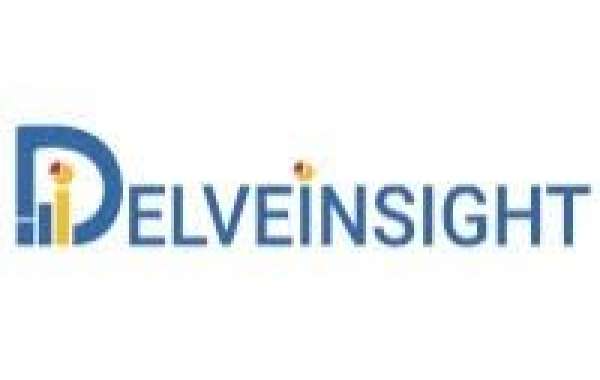The AKT inhibitor market is projected to experience robust growth through 2034, driven by advancements in cancer therapies and increasing focus on targeted treatments. AKT inhibitors target the AKT protein, a key regulator of cell survival, metabolism, and growth. These inhibitors are particularly effective in treating cancers where the AKT pathway is dysregulated. As a result, the market is segmented by various cancer indications, each contributing to the overall expansion of the AKT inhibitor market size.
Key cancer indications driving this growth include breast, prostate, lung, and ovarian cancers. Breast cancer, especially hormone receptor-positive and HER2-negative subtypes, represents a significant portion of the AKT inhibitor market due to its prevalence and the high incidence of AKT pathway mutations. AKT inhibitor drugs like Capivasertib and Ipatasertib are showing promising results in clinical trials targeting these specific subtypes. Prostate cancer is another critical indication where AKT inhibitors are being explored, particularly in patients with resistance to androgen deprivation therapies.
Lung cancer, especially non-small cell lung cancer (NSCLC), is another major contributor to the market. As AKT inhibitor epidemiology highlights the rising cases of NSCLC globally, more patients are becoming candidates for these therapies, further expanding the market. Additionally, ovarian cancer, known for its poor prognosis and high recurrence rates, is emerging as a significant segment, as AKT inhibitor therapies offer potential for patients with advanced stages of the disease.
The growing focus on personalized medicine and biomarker-driven treatment strategies is shaping the AKT inhibitor market trends. By identifying specific patient subgroups with AKT pathway mutations, companies can tailor their therapies, leading to more effective outcomes. This has also encouraged the development of combination therapies, particularly with immunotherapies, which are showing enhanced efficacy compared to monotherapy approaches.
The AKT inhibitor pipeline remains strong, with many AKT inhibitor companies investing heavily in research and development. As these drugs progress through clinical trials, the AKT inhibitor forecast remains optimistic, with significant growth expected in both market size and treatment options across various cancer types.
Trending reports:
Acute Radiation Syndrome Market | Acoustic Neuroma Market | Peripheral Neuropathic Pain Market | Artificial Kidney Market | Chronic Obstructive Pulmonary Disease Copd Market | Chronic Obstructive Pulmonary Disease Market | Osteoarthritis Market | Aortic Aneurysm Stent Grafts Market | Absssi Market Size | Adrenogenital Syndrome Market | Chronic Rhinosinusitis Market | Critical Limb Ischemia Market | Endometriosis Pain Market | Global Electrophysiology Devices Market | Neurotrophic Keratitis Market | Ventricular Fibrillation Market | Bladder Pain Syndrome Market | Burn Market | Epilepsy Market | Familial Hypercholesterolemia Market | Healthcare Subscription Models | Prader-willi Syndrome Market | Alopecia Market | Benefits Of Robotics In Healthcare | Bk Virus Infection Market | Defibrillators Market | Diffuse Large B-cell Lymphoma Market | Gaucher Disease Market | Graft Versus Host Disease Market | Hyperinsulinemic Hypoglycemia Market




